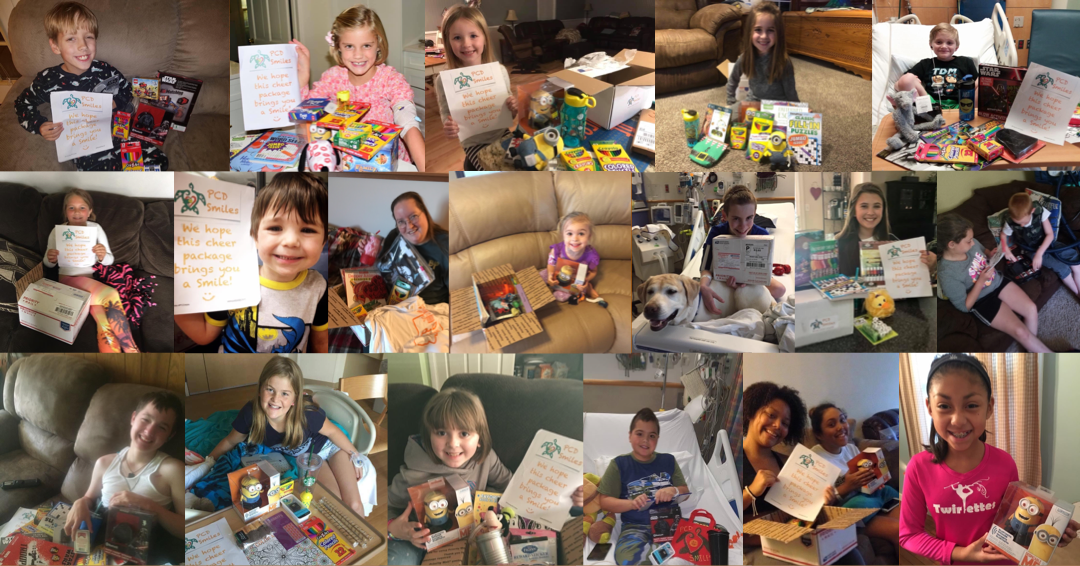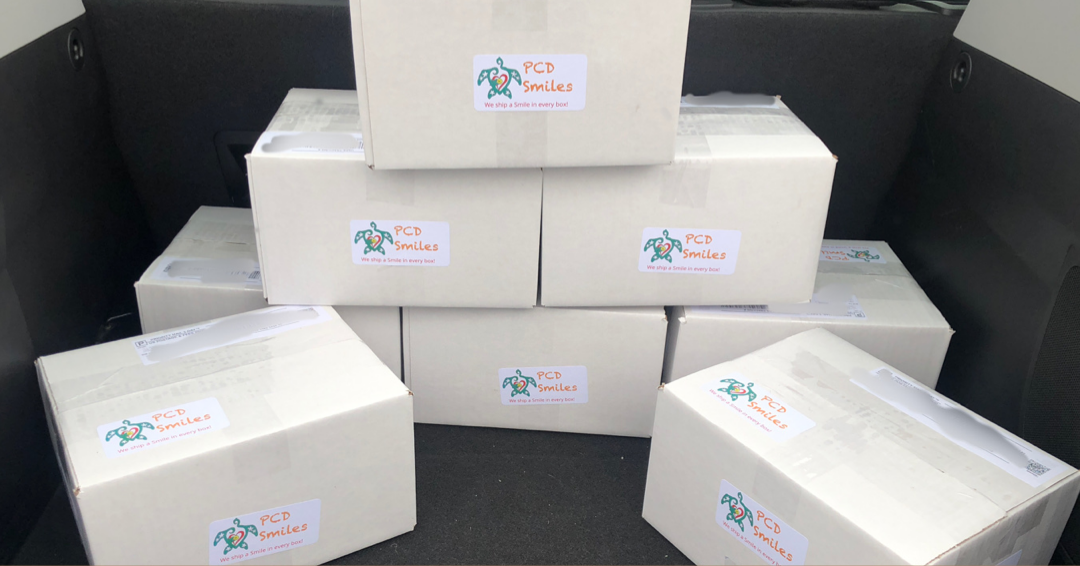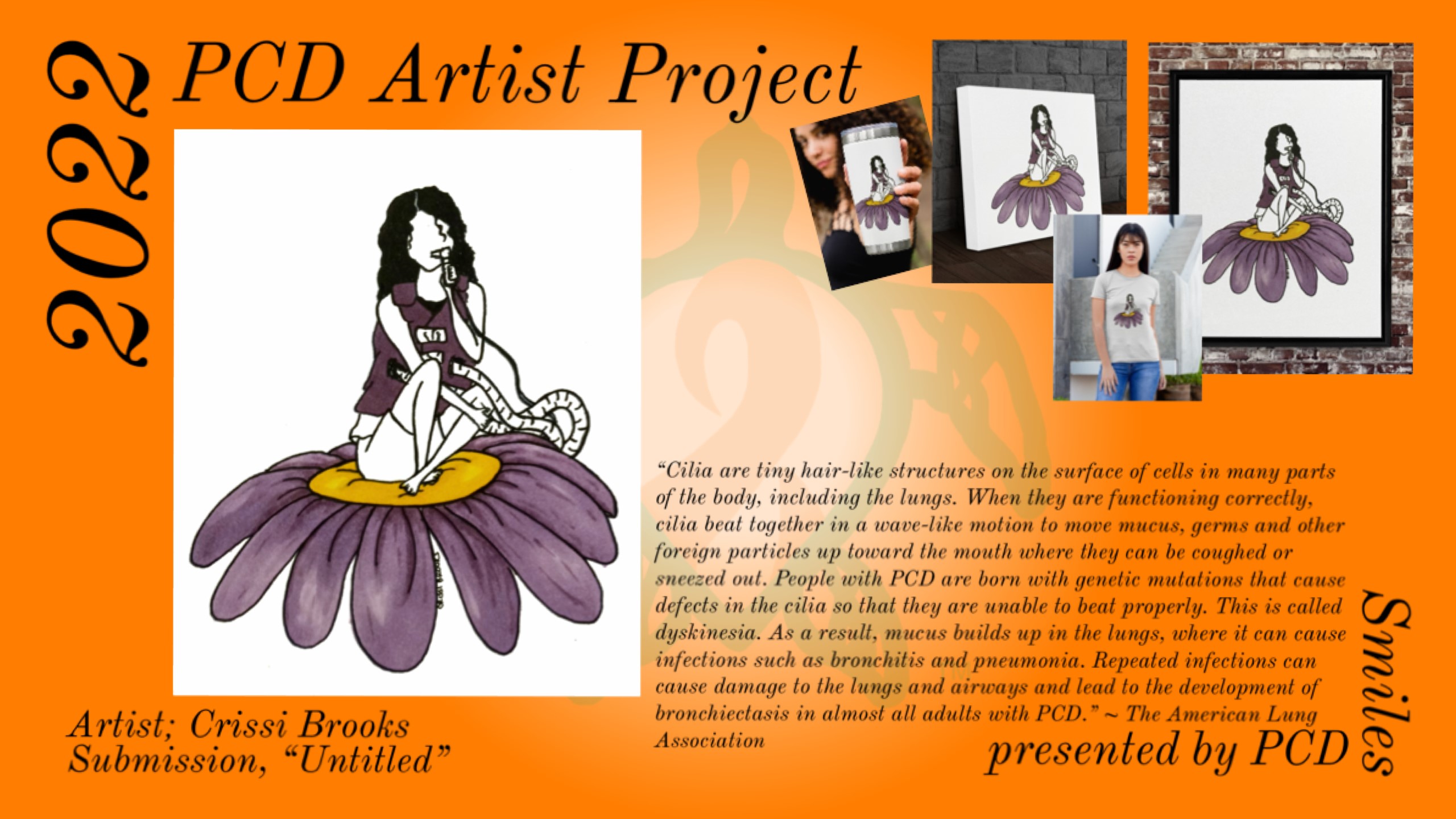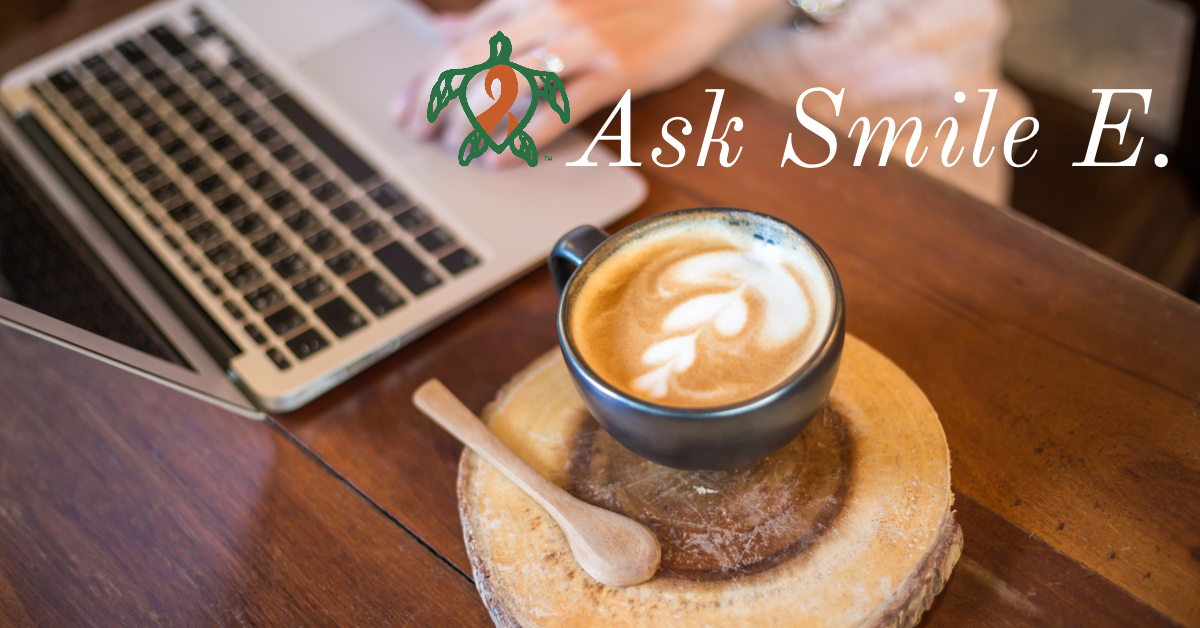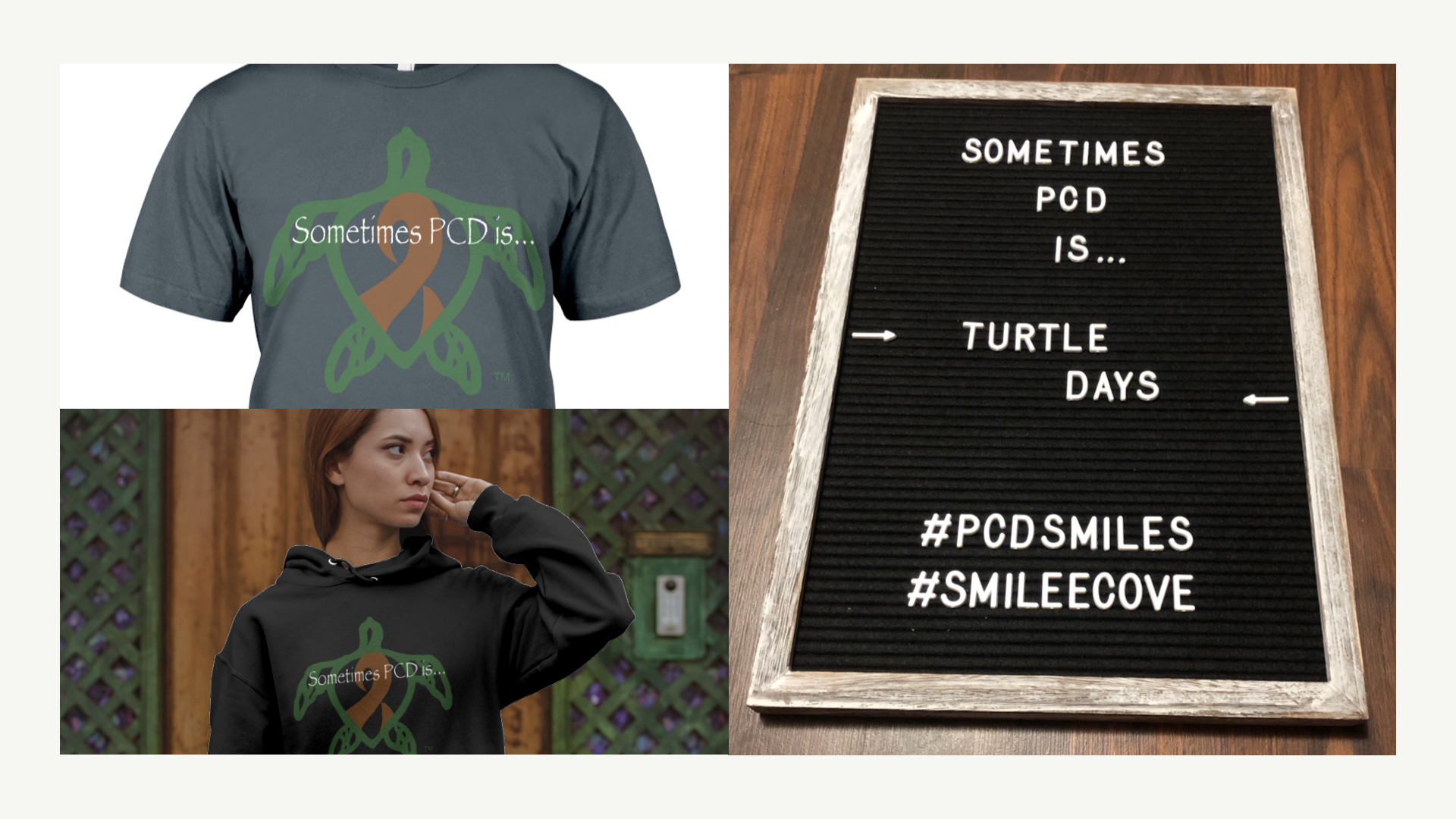Dear Smile E.
We were told that symptoms and complications will get better as our PCD child ages. However the adult PCD patients in the support groups are struggling just as much as we are and they have low lung function too. So what is the point if things aren’t going to get better. And why did the doctors give us false hope?
Signed,
Frustrated Newbie
Dear Frustrated Newbie,
I’m so very sorry that you weren’t given accurate information and were given false hope that things will get better. While primary ciliary dyskinesia is not a newly discovered disease or a disease that hasn’t had treatments aimed symptoms only, it is a disease that is newly researched and has no FDA approved scientific treatments for the issue of dyskinetic cilia. With the explosion of new PCD research, new genetic research, new gene modifiers (seen in cystic fibrosis) there is renewed interest in the possibilities of helping PCD patients beyond just treating symptoms and maybe, maybe slowing down the progression of damage done to the body due to having PCD.
Inaccurate information can be a clue that a provider isn’t up to date with the latest scientific data. With the fast paced research situation partly driven by the interest in how the recent virus was developed so fast and it’s delivery method, and the CF community’s new successful gene modifiers unfortunately there will more instances of providers being behind in the latest of the latest scientific data. This is why finding an accredited PCD center of excellence is a must currently for all PCD patients. This will help us get ready for all the new and incoming treatments, medications, and research information.
As for why bother or what’s the point, while I’ve personally struggled as a kid and then again as an older patient. I have however had a great life that I wouldn’t change. It’s important to remember that PCD is an episodic condition that ebbs and flows and then and in the cruel Cinderella phase. The Cinderella phase is actually why some clinicians misunderstand that PCD gets better. The Cinderella phase is a period of time where symptoms ease and seem to all but disappear, and the patient has a perceived better quality of life. This phase begins in the late teens to early twenties and can last until the late twenties early thirties. Researchers do not understand the reason for the Cinderella phase in PCD. Some researchers call it a honeymoon phase instead of the Cinderella phase. It’s is extremely important to remember that PCD is a progressive genetic disorder that has no cure, no treatments, and it will progress. Usually after the Cinderella phase is over the symptoms and episodic nature of the disease process returns; sometimes with a vengeance. This is why some adults consider the Cinderella phase as a cruel phase. You think you are done with everything you suffered as a child and you have a great few years and feel normal, and then it is ripped away from you and you are sick again. Maybe even sicker now.
Yours Truly,
Smile E. Turtle
Do you have a question for Smile E.?
Please EMAIL your questions to;
And tune in next Sunday to read the latest Ask Smile E.
Join our Facebook group Turtle Talk Café today, click here.
We have several ways that you can donate to PCD Smiles;
- Visit Smile E. Turtle's Amazon Wishlist
- For more information on how you can donate, please visit our "Donation" page to check out our "Do & Don't policies.
- Or sponsor a PCD Smiles cheer package today!
- To shop for your “Official” turtle care ribbon gear today, visit PCD Style or Smile E. Cove
Thank you for your consideration!
